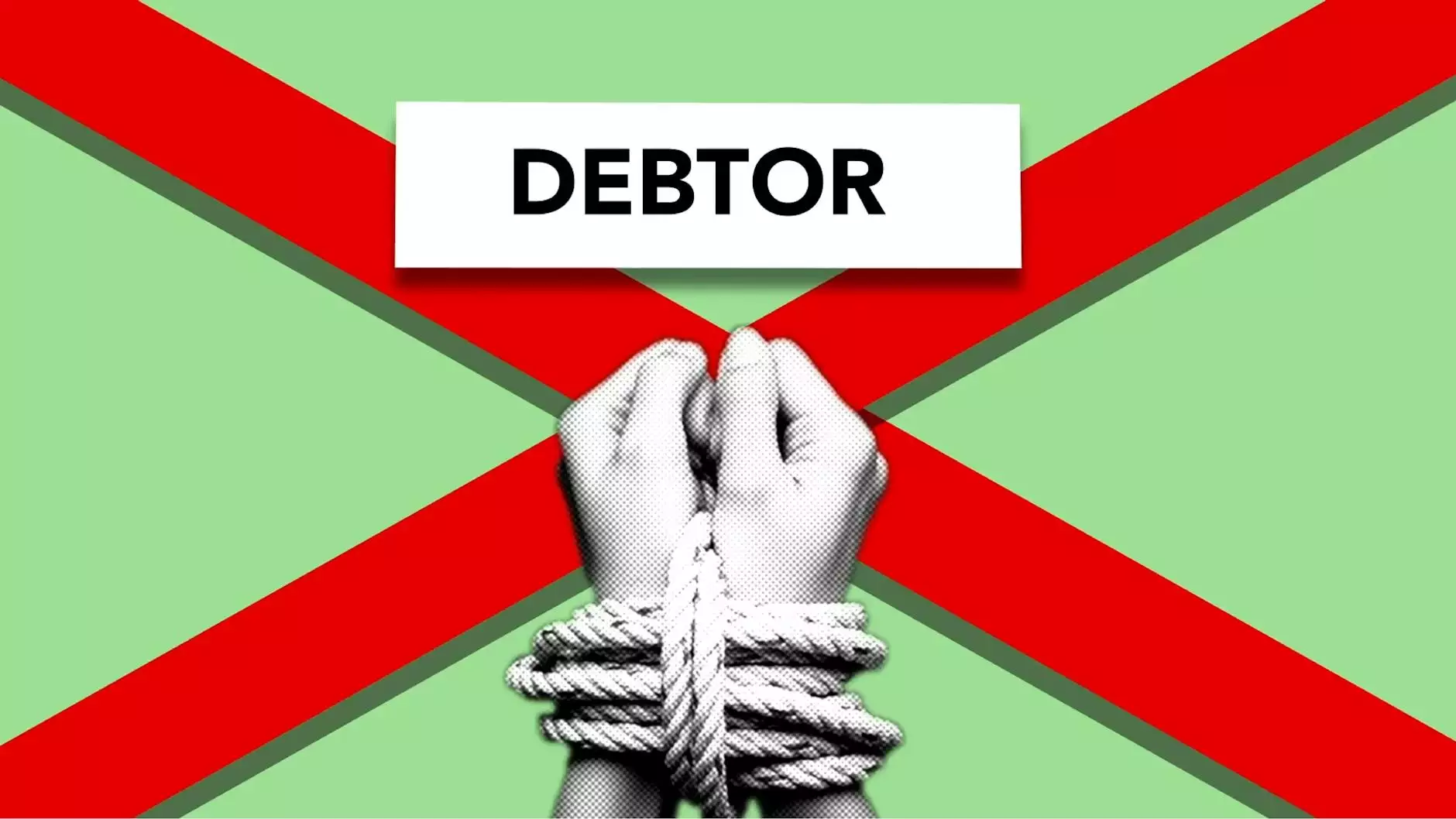Should I Pay Off an Old Debt?
Financials & Reports
Welcome to Social Service of America, a trusted name in the community and society, specifically focusing on philanthropy. In this informative article, we will discuss the crucial topic of whether you should pay off an old debt or not. We understand that managing debt can be a stressful endeavor, and our goal is to provide you with valuable insights to help you make informed decisions.
The Benefits of Paying Off Old Debts
When it comes to unpaid debts, people often wonder if it's worth paying them off. Let us assure you, there are several benefits to clearing old debts:
- Improved Credit Score: Paying off old debts can positively impact your credit score. Old debts can lower your creditworthiness, and by settling them, you demonstrate responsible financial behavior, thus boosting your credit score.
- Reduced Stress: Having lingering debts can weigh heavily on your mind and cause stress. Paying off old debts brings a sense of relief, allowing you to focus on other important aspects of your life.
- Legal Consequences: Ignoring certain old debts, especially those involving legal matters, can result in severe consequences. By paying off these debts, you avoid potential legal actions and their associated costs.
- Financial Freedom: Eliminating old debts frees up your financial resources, allowing you to allocate funds towards other goals such as savings, investments, or pursuing new opportunities.
The Consequences of Not Paying Off Old Debts
While there are benefits to paying off old debts, it's essential to consider the potential consequences of not addressing them:
- Negative Credit Impact: Unpaid debts can significantly impact your credit score and make it difficult to secure loans or obtain favorable interest rates in the future.
- Collection Efforts: Creditors may employ various collection efforts to recover the outstanding debts, including contacting you via phone calls or sending collection letters, potentially causing emotional distress.
- Legal Actions: In certain cases, creditors may decide to take legal action to recover unpaid debts. This can lead to lawsuits, wage garnishment, or liens on your property.
- Future Financial Challenges: Having unresolved debts can limit your financial flexibility and hinder your ability to meet future financial goals, such as purchasing a home or starting a business.
Expert Advice - Consult Social Service of America
As an organization dedicated to serving the community and promoting philanthropy, Social Service of America is committed to helping individuals navigate through financial challenges. We recommend the following steps when considering paying off old debts:
- Evaluate Your Debts: Assess the nature and amount of your old debts. Categorize them based on priority, interest rates, and any potential legal implications.
- Create a Repayment Strategy: Develop a feasible repayment plan considering your current financial situation and resources. Prioritize debts with higher interest rates or legal consequences.
- Seek Professional Guidance: If you feel overwhelmed or unsure about the next steps, consider consulting a financial advisor or debt counselor. They can provide customized solutions based on your unique circumstances.
- Monitor Your Progress: Regularly review your repayment progress and make adjustments as necessary. Celebrate each milestone as you work towards becoming debt-free.
Conclusion
In conclusion, whether to pay off an old debt or not depends on various factors such as your financial situation, legal implications, and personal goals. While paying off debts can have numerous benefits, individuals must carefully weigh the potential consequences of not addressing them.
At Social Service of America, we are dedicated to providing you with comprehensive guidance and support in your financial journey. Our team of experts is here to help you make informed decisions and achieve lasting financial well-being. Remember, taking control of your debts is a vital step towards building a secure and prosperous future.










